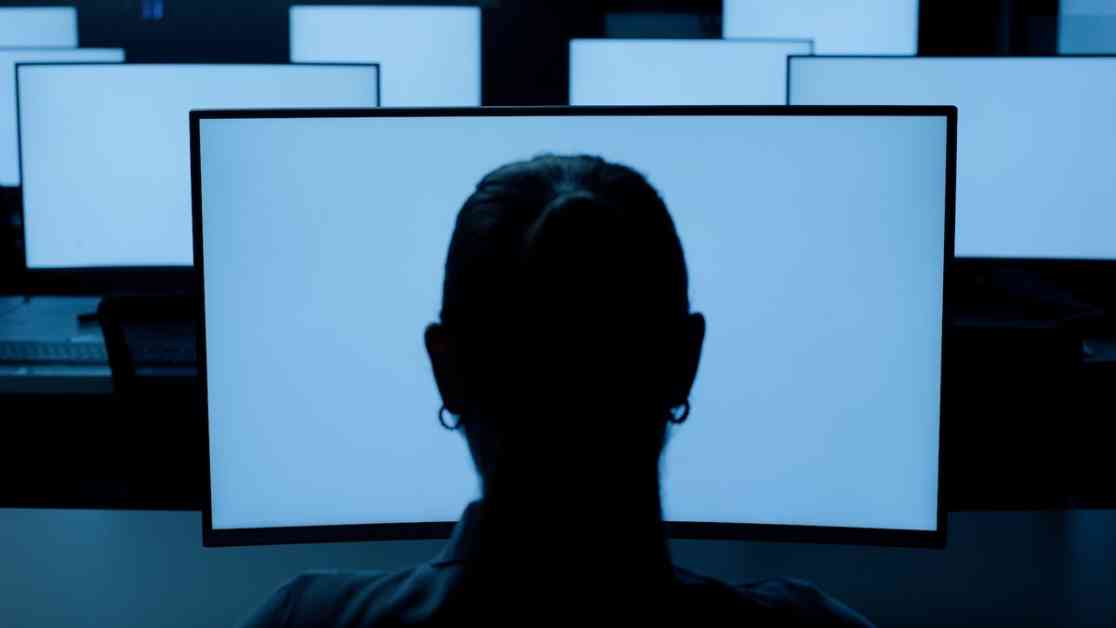How Screens Overload Our Brains: Impact on Focus in the Digital Age
In the fast-paced digital age, our brains are constantly bombarded with information from screens, leading to a decrease in focus and attention span. Neurologist Richard E. Cytowic explores this phenomenon in his new book, “Your Stone Age Brain in the Screen Age: Coping with Digital Distraction and Sensory Overload.” Let’s delve into the science behind how screens overwhelm our brains and what we can do to combat this modern-day challenge.
The Brain’s Limitations in the Digital Age
Cytowic highlights how the human brain, which has remained largely unchanged since the Stone Age, struggles to keep up with the rapid advancements in technology. Our brains have fixed energy limits, and when overloaded with information, we experience stress, distraction, and errors. This can ultimately impact our ability to focus and concentrate on tasks.
The Rise of Information Overload
Even before the era of smartphones and the internet, the concept of “information overload” was popularized by Alvin Toffler in his book “Future Shock.” Today, with the constant influx of digital content, our brains are pushed to their limits. Visual overload, in particular, poses a significant challenge as our brains prioritize visual input over auditory input. This can lead to a sense of being constantly distracted by the digital world around us.
The Impact on Attention Spans
Studies have suggested that attention spans are decreasing, with people now switching between screens every 47 seconds on average. This constant need for stimulation and instant gratification can strain our brains and hinder our ability to focus on tasks for sustained periods. However, individual differences exist in how people cope with these challenges, highlighting the importance of resilience in managing digital distractions.
In conclusion, as we navigate the complexities of the digital age, it’s essential to be mindful of how screens can overwhelm our brains and impact our focus. By understanding the limitations of our Stone Age brains in the modern world, we can take steps to mitigate the effects of digital overload and cultivate a healthier relationship with technology. Remember, it’s not about eliminating screen time entirely but finding a balance that works for you and supports your cognitive well-being.










